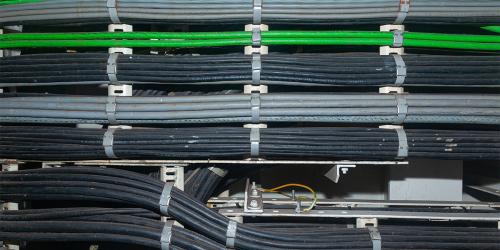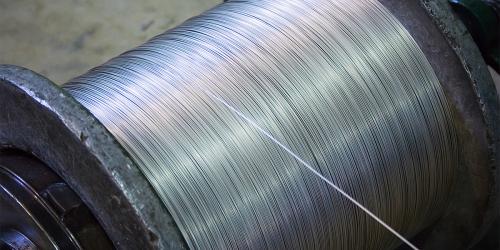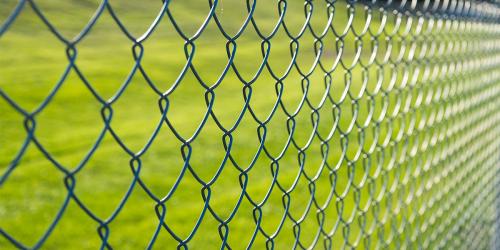Welding wire is a fundamental consumable in various welding processes, serving as the filler material that joins workpieces together. Selecting the appropriate welding wire is crucial for achieving strong, durable, and precise welds.
Types of Welding Wire
- Solid Welding Wire: Solid wires are single strands typically made from materials like steel, stainless steel, aluminium, nickel alloys, or copper. They are commonly used in Metal Inert Gas (MIG) welding processes and require an external shielding gas to protect the weld pool from atmospheric contamination.
- Flux-Cored Welding Wire: Flux-cored wires are tubular and contain a flux core that generates a shielding gas when heated, protecting the weld area. They are suitable for welding in various positions and are often used in outdoor environments where wind might affect shielding gas. Flux-cored wires can be self-shielding or require an external gas supply.
- Metal-Cored Welding Wire: Combining elements of solid and flux-cored wires, metal-cored wires offer high deposition rates and are used in MIG welding. They provide benefits like improved weld quality and increased productivity.
Applications of Welding Wire
- MIG Welding: Utilises solid or flux-cored wires and is known for its versatility and efficiency. MIG welding is suitable for welding thin to thick materials and is commonly used in automotive, construction, and manufacturing industries.
- TIG Welding: Employs a non-consumable tungsten electrode and may use filler rods made of solid wire. TIG welding is ideal for precision work on thin materials, producing clean and high-quality welds.
- Stick Welding (SMAW): Uses consumable electrodes coated with flux. It's versatile and can be used outdoors, making it suitable for construction and repair work.
Selecting the Right Welding Wire
Choosing the appropriate welding wire depends on several factors:
- Material to be Welded: Different materials require specific wire compositions. For example, mild steel, stainless steel, and aluminium each have dedicated welding wires optimised for their properties.
- Welding Process: The chosen wire must be compatible with the welding process in use, such as MIG, TIG, or Stick welding.
- Wire Diameter: The diameter of the welding wire affects the heat input and deposition rate. Common sizes range from 0.023 to 0.052 inches, with the appropriate size selected based on the material thickness and welding position.
Where to Purchase Welding Wire in the UK
BS Fixings offers a comprehensive range of high-quality welding wires designed to meet the demands of various applications, from general fabrication to specialized industrial use. Our selection includes stainless steel, mild steel, and flux-cored welding wires, ensuring compatibility with different welding techniques and materials.
We understand that choosing the right welding wire is crucial for achieving strong, reliable welds. That’s why our expert team is on hand to provide guidance and technical support, helping you select the most suitable wire for your specific requirements, whether it’s for structural welding, automotive repairs, or precision manufacturing.
With competitive pricing, reliable supply, and a commitment to quality, BS Fixings is your trusted partner for all welding wire needs.
Explore our range of wire today and find the perfect solution for your project.
Conclusion
Selecting the right welding wire is essential for achieving quality welds tailored to specific applications. By understanding the different types of welding wires and their suitable applications, you can make informed decisions that enhance the efficiency and effectiveness of your welding projects.






